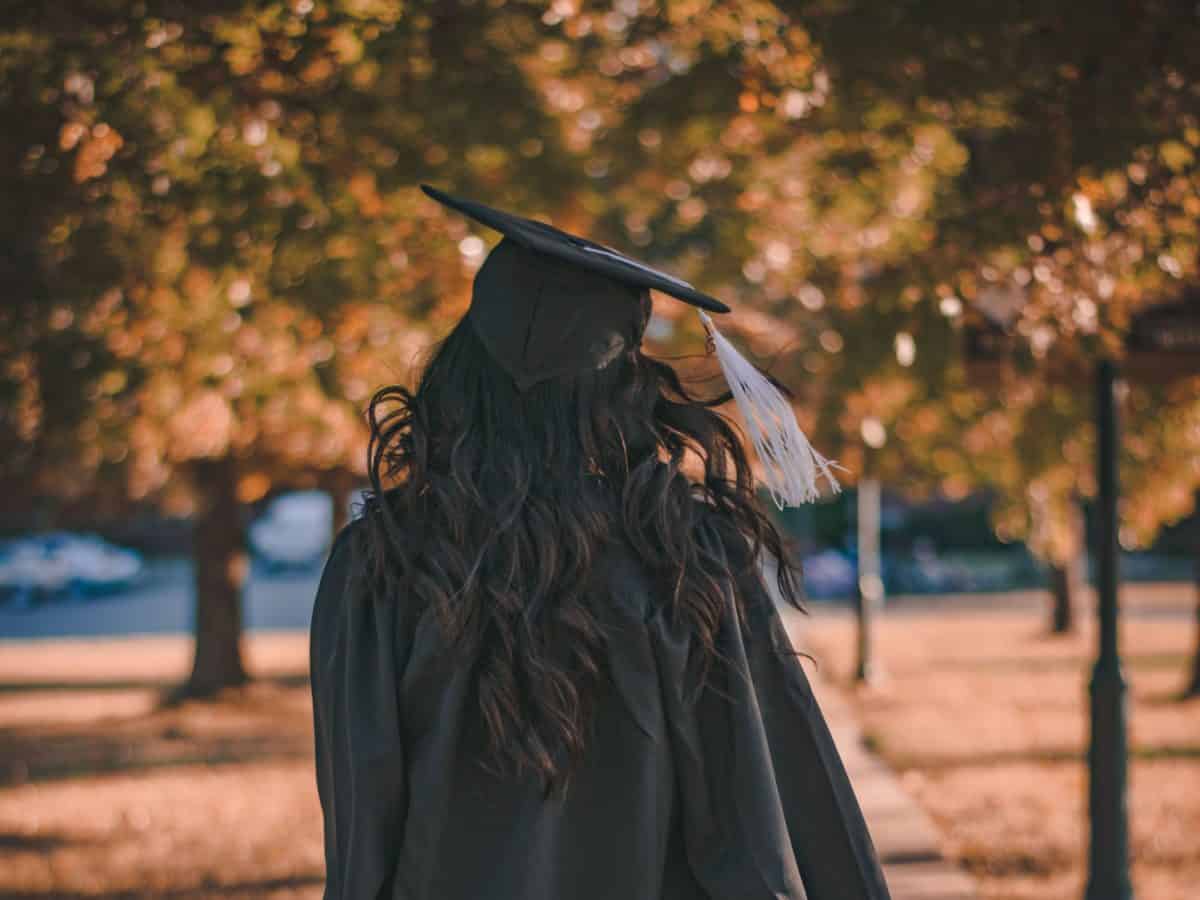

The 100,000 or so North Carolina high school students, my oldest grandson among them, in the class of 2020 have had their end-of-grade and graduation customs truncated by the efforts to contain a contagious virus. Even if disappointing to many of them, perhaps that’s fitting. For they have made an educational journey through a remarkable period of historic moments, stunning tragedies, political polarization, and racial angst.
This year’s graduates, born around the 9/11 attacks, entered the first grade in 2008, shortly before the election of Democratic President Barack Obama, and in the midst of an economic downturn so severe that it came to be called the Great Recession. As the first African-American to win the White House, Obama scored a historic victory and served two terms.
The Great Recession, which began in late 2007, was both national and global in scope, and North Carolina experienced an agonizingly slow recovery into the next decade. The widespread economic distress and the evident backlash among conservative white Americans to a black president combined to propel a counter political dynamic. As the class of 2020 moved from middle to high school, Republican Donald Trump brought a polarizing, break-the-norms character to his presidential campaign and into the White House.
In North Carolina, Republicans won a legislative majority in 2010, the governorship in 2012 — and GOP legislators have largely controlled education policy and budgeting through the decade. Young students may have recognized the presidents who show up often on television, but probably paid little attention to state politics. But surely they noticed when classes were suspended on days when teachers marched in Raleigh to appeal for better pay and for adequate funding for public education.
No doubt they also paid attention to outbreaks of gun violence in schools — for example, the shootings in 2018 at a Parkland, FL high school, at Butler High School in Matthews, North Carolina, and in 2019 at the University of North Carolina at Charlotte. The Parkland incident led to a burst of student-led protests and lobbying in Washington and elsewhere.
No doubt, too, the class of 2020 took notice of the killing of nine black parishioners by a white supremacist in the Emanuel AME church in Charleston in 2015. And they could hardly have avoided the news in 2017 of the Unite the Right rally in Charlottesville where a counter-protester died when hit by an automobile.
In their final high school semester, graduates of 2020 saw and experienced a stunning series of uncommon shocks to their society: a Senate trial on the impeachment of a president, the outbreak of a pandemic that has led to more than 100,000 deaths in the United States, a shuttering of schools and businesses, a sharp drop in jobs and, the choking death of a black man in the custody of white Minneapolis police officers, an unnerving incident caught on video that has touched off both peaceful protests and nighttime vandalism in cities across North Carolina and the nation. Once again, Americans confront their society’s history of persistent racial fault lines.
In North Carolina, the class of 2020 is a diverse mix of white, black, Latino, Asian, and American Indian teenagers, from rural towns, suburban subdivisions, and city neighborhoods, from affluent, middle class, and poor households. Some are headed to universities, some to community colleges, some taking a “gap year,” some looking for work. How graduates are processing events is likely as diverse as their own circumstances. Still, in this transition summer of a pandemic, a recession, and lingering racial divides, commencement platitudes about hope do not seem sufficient.
Schools reflect the society of which they are a part, including its divisions, even as they are instruments for advancing the well-being of both individuals and their communities. A telling moment came this week when a few Wake County students and staff posted what were described as “racist, vile, and thoughtless” comments on social media. Wake Superintendent Cathy Moore and school board Chair Keith Sutton joined in a statement that “the racist actions of a few do not define our school system.” Both black educators, they concluded, “If children master academics but fail to appreciate the value of inclusivity, respect and diversity, we as adults have fallen short of preparing them for tomorrow.”
It is an implicit reminder that schools are not simply for producing workers but also for minting residents of a democracy. The class of 2020 may be filled with bewilderment and uncertainties about their educational and near-term economic futures. But democracy holds out opportunities for making a difference, bringing about change, even for young people, at the ballot box, in political campaigns, in volunteering for nonprofit charitable and advocacy organizations, and in writing, speaking, and marching.
Having gone to school through moments of history, the class of 2020 can contribute to the history of their democracy by facing the tough challenges ahead while exhibiting, in Lincoln’s words, “the better angels of our nature.”


